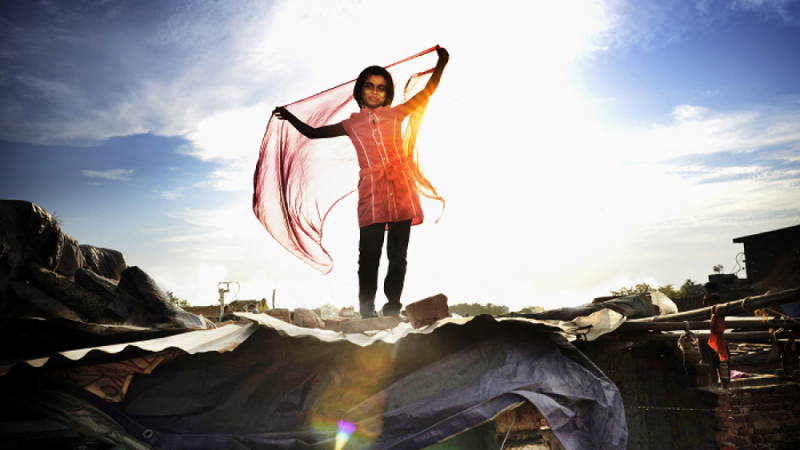Humanitarian responses often involve large numbers of national and international actors who work in the same areas and towards the same broad goals. However, coordination and collaboration among them are often limited at best. Failure to work together can lead to gaps in coverage and to duplications and inefficiencies in any given emergency response. The fact that emergencies are becoming larger and more complex due to climate change, urbanisation and population growth, hasn’t helped matters.With humanitarian needs projected to grow, we can expect coordination and working together to become even more important in the years ahead. This was the central theme of ALNAP’s 30th Annual Meeting in March 2015. ALNAP Members flocked to Berlin to share experiences and good practices on working together in the field to ensure effective humanitarian responses. The ALNAP Secretariat is now launching a study building upon the discussions and insights from participants of the meeting, looking at the variety of ways in which different organisations work together at the country level.
Join ALNAP for an online conversation around the benefits and challenges of working together on the ground for an effective humanitarian response.
Agenda
9:30 – 9:40: Paul Knox-Clarke to introduce topic and panel9:40 – 10:00: Luz Saavedra to present study
10:00 – 10:30: Panel discussion
10:30 – 11:00: Q&A


